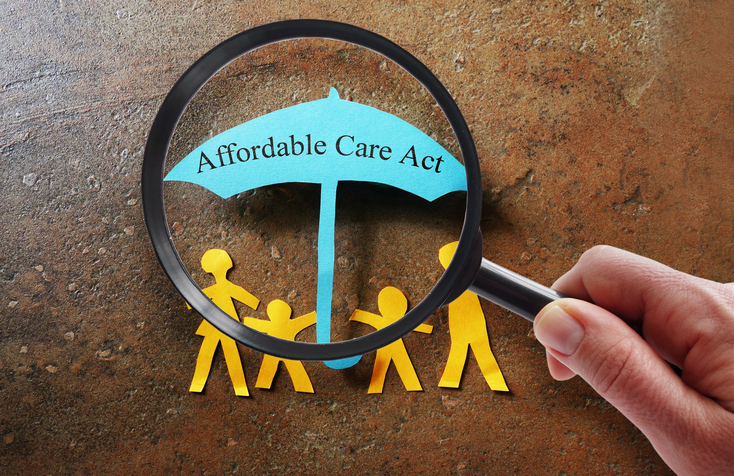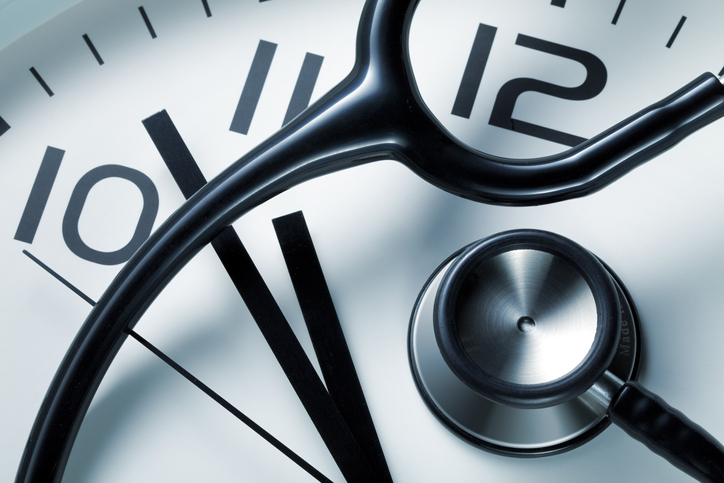Bay Area smart stethoscope company Eko Devices just raised $2 million, bringing the UC Berkeley spinout’s total funding up to $2.8 million. Its device, called Core, attaches to an analog stethoscope, and via Bluetooth connectivity sends the data back to an app that allows clinicians to visualize, record, play back, share and analyze sounds.
Funding comes from lead investor Founder.org, with participation from Stanford StartX, and angels that include former HHS advisor John Noonan and the cofounders of music identification company Shazam, MobiHealthNews reports.
Core is meant to help lessen the misdiagnoses of cardiac events, streamline care coordination and reduce overhead costs of cardiology-related referrals.

With the Rise of AI, What IP Disputes in Healthcare Are Likely to Emerge?
Munck Wilson Mandala Partner Greg Howison shared his perspective on some of the legal ramifications around AI, IP, connected devices and the data they generate, in response to emailed questions.
It’s filing a Class 2 510(k) application, and expects clearance for both the hardware and software of the device by the second quarter of 2015. It’s also launching a 200-patient clinical trial at UC San Francisco, comparing their results to the top quality echocardiogram data that cardiologists have.
The device is expected to retail for $199, and the software will be up for grabs with a freemium model, MobiHealthNews says. That means it’ll be free for individual practitioners, but a paid version will be available to clinics, hospitals and health systems.
“One of the most exciting aspects of having digital heart sounds would be the ability to provide clinicians with decision care support,” Bellet told MobiHealthNews. “We are working with scientists and some cardiology advisors to build out a decision support algorithm that will help clinicians at the point of care determine characteristics of heart sound, such as a murmor, intensity, location, and then ultimately be able make more informed care decisions.”












